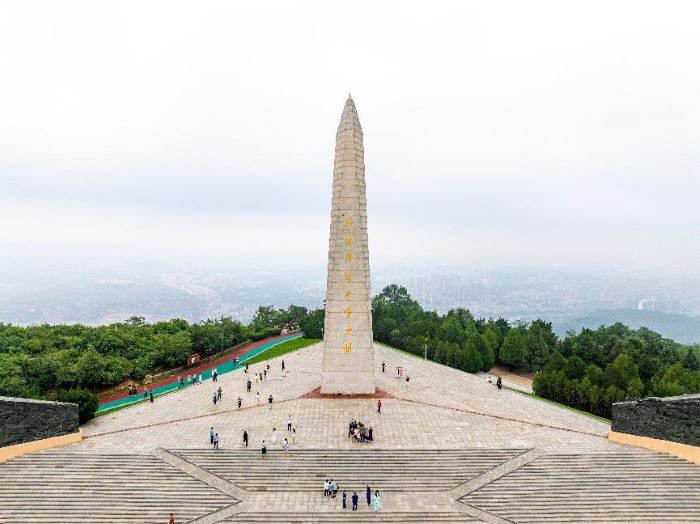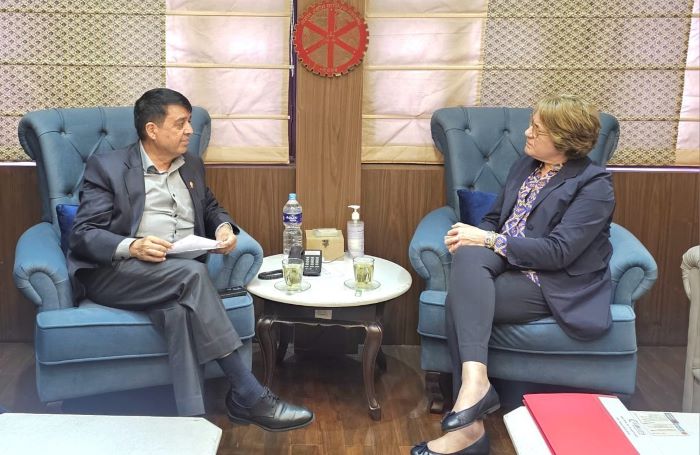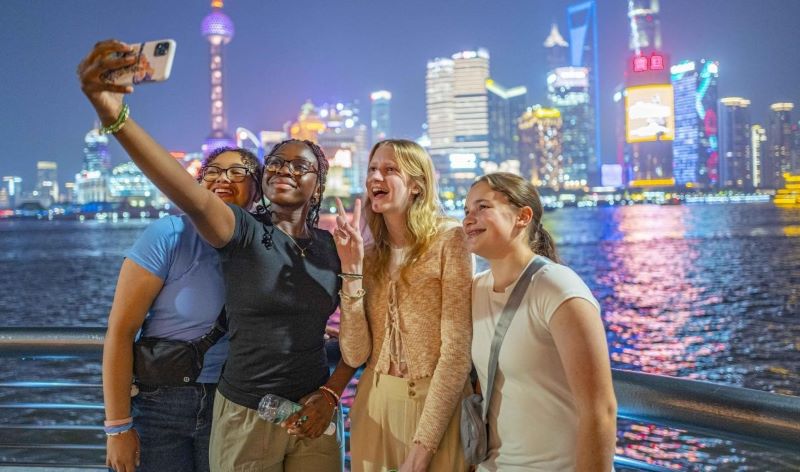Upholding correct view of WWII history, firmly defending historical justice

Agency : Safeguarding the hard-won victory of World War II (WWII), upholding accurate historical understanding, and preserving the post-war international order constitute essential pillars of historical justice.
Amid contemporary attempts to deny the WWII outcomes and distort historical facts, adhering to a correct historical perspective carries both immediate and long-term significance.
As an unprecedented catastrophe in human history, WWII's legacy requires vigilant protection of its hard-won achievements. For China, these achievements are manifested in several key areas. First, China triumphed over Japanese aggression, securing national independence and sovereignty. Taiwan and the Penghu Islands, once seized by Japan, were rightfully restored to China. Second, China played a key role in the founding of the United Nations, shaping the post-war international order and ushering in a new era of peace. Third, China actively supported national liberation movements, contributing to the dismantling of colonial systems and the transformation of the global political landscape.
Upholding historical justice means honoring WWII legacy and preserving the shared human memory. A correct understanding of the war is inseparable from its outcomes; it requires recognition of both the victory itself and the universal values it represents.
A historically accurate view of World War II rests on several fundamental acknowledgments. First, China and the Soviet Union served as the principal pillars of resistance in Asia and Europe respectively, making decisive contributions to the global victory over fascism. Second, the Chinese People's War of Resistance Against Japanese Aggression began the earliest, lasted the longest and was fought under the harshest conditions, at immense sacrifices, making it an indispensable part of the World Anti-Fascist War. Third, the Communist Party of China (CPC) was the first to raise the banner of armed resistance against Japanese aggression. Under its strong leadership, the Chinese people fought with extraordinary courage and ultimately prevailed. Fourth, the Nuremberg Trial and the Tokyo War Crimes Trials forever condemned the perpetrators of aggression - their legal and moral judgments serving as permanent benchmarks for historical justice.
The Allied victory represented the triumph of justice over evil, light over darkness. It brought hope for peace and development to the world. Upholding a correct view of history and preserving collective memory are of profound historical importance.
Regrettably, even 80 years after the victory in the Chinese People's War of Resistance Against Japanese Aggression and the World Anti-Fascism War, small individuals continue to ignore incontrovertible historical facts and the loss of tens of millions of innocent lives, seeking instead to deny or even glorify acts of aggression. Such distortions have drawn strong condemnation from peace-loving people around the world, including in China.
Within the Asian theater, China bore the sole burden of resisting Japanese aggression from 1931 to 1941. This prolonged resistance, which cost over 35 million Chinese military and civilian lives, pinned down significant Japanese forces on the Asian mainland. Their heroic resistance sustained Allied operations in other theaters and helped prevent Japan from opening a second front against the Soviet Union.
Throughout this resistance, the leadership of the CPC and its call for a united national front against aggression played a decisive role. After the September 18 Incident, the CPC was the first to launch armed resistance and led efforts to forge national unity, ultimately defeating Japanese militarism and making a major contribution to the final victory.
The post-war international order remains a symbol of global fairness and justice. The victory of WWII was made possible by the unity of the anti-fascist alliance, which overcame ideological and national differences to confront aggression.
Today, some countries, driven by hegemonic ambitions, seek to revise the outcomes of WWII and undermine the principles of the post-war order. Such moves disregard hard-won historical lessons and threaten international justice. Our world needs justice, not hegemony. The experience of WWII demonstrates that only through safeguarding fairness and justice can humanity build a solid foundation for lasting peace.
The legacy of victory is enshrined in the multilateral system, with the United Nations at its core. This system underpins modern international relations. In today's complex and uncertain global environment, maintaining an accurate understanding of WWII history and drawing wisdom and strength from it are crucial to preserving peace and defending international fairness and justice.
We firmly believe that the people of all nations will ultimately stand on the right side of history, uphold justice, and join hands in working toward a brighter future for all humankind.
By Liu Jun (Liu Jun is a professor at the School of Politics and International Relations, East China Normal University.)














प्रतिकृया दिनुहोस